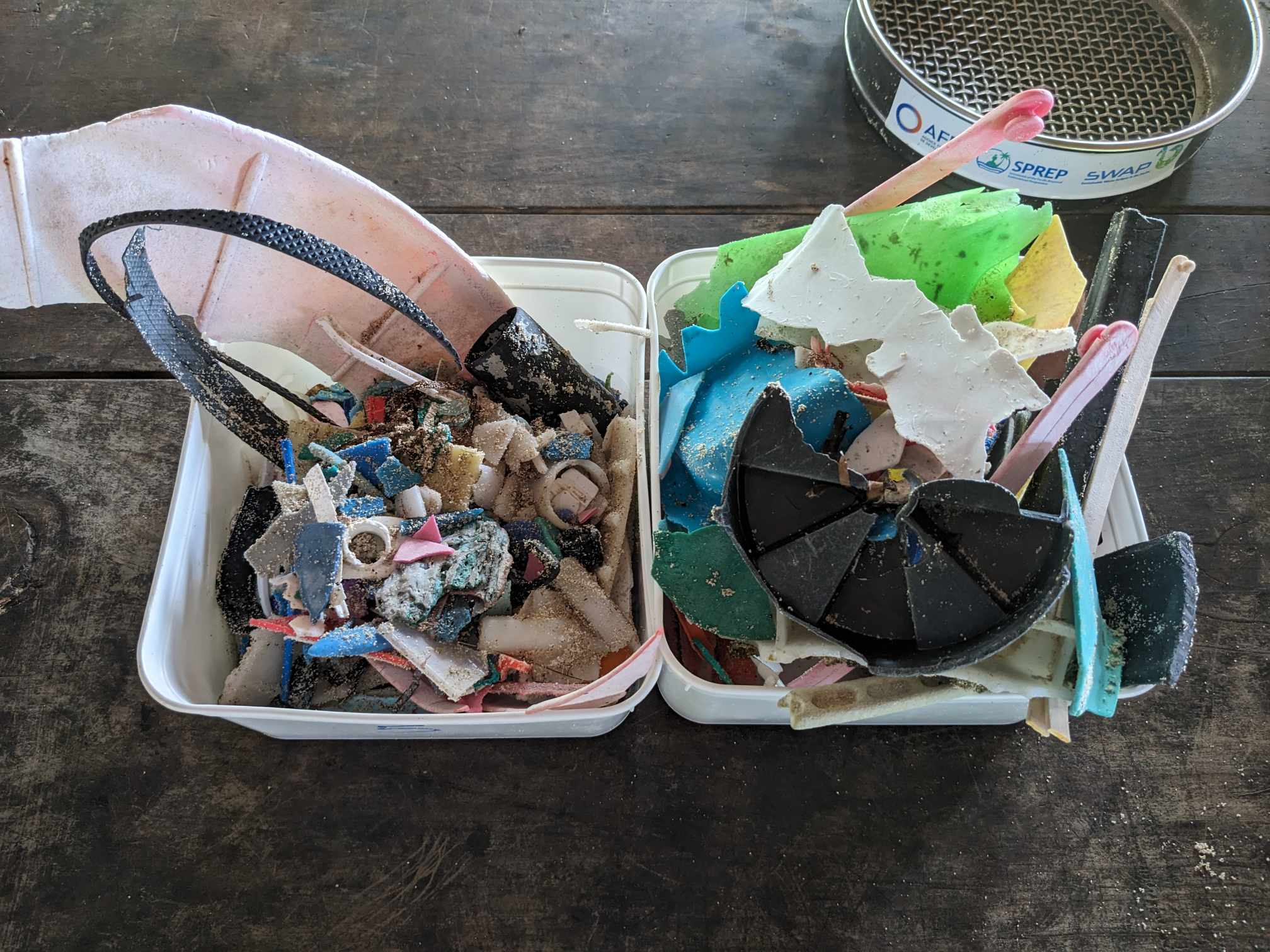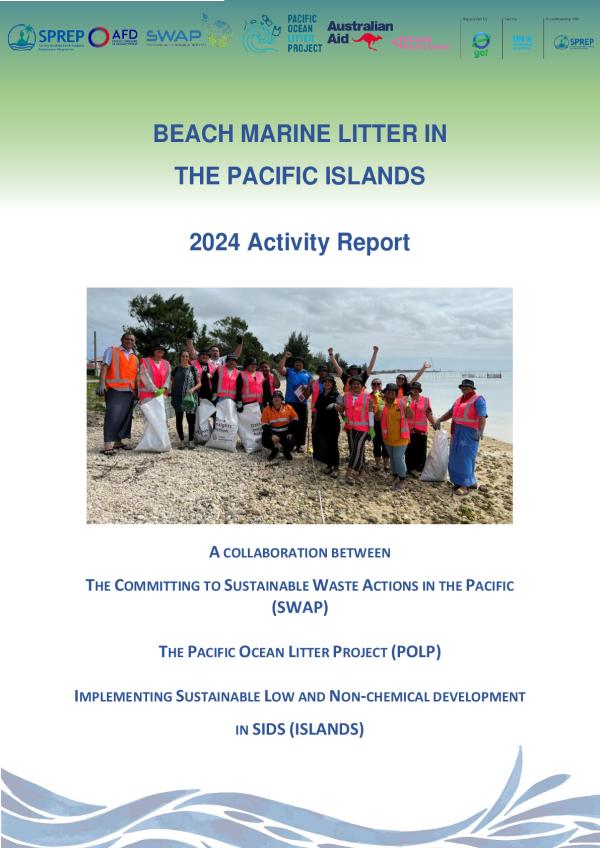
Marine Litter Study in the Pacific
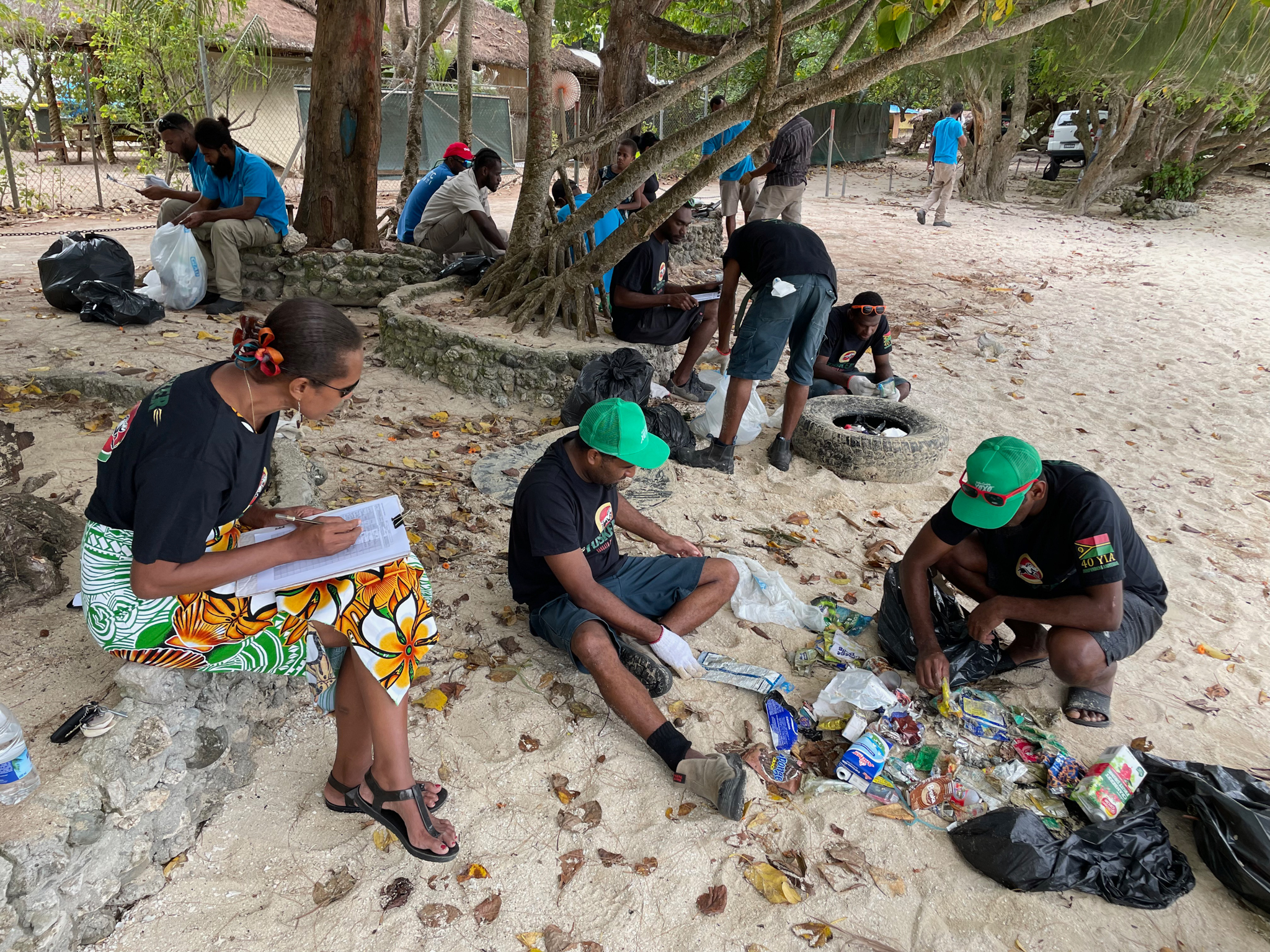
The 2024 Marine Litter Report developed as part of Marine Litter Initiatives provides insights into the state of beach marine litter across Pacific Islands and sheds light on the pressing issue of marine litter within the Pacific Region, highlighting key findings, methodologies, and actionable recommendations.
The study was conducted by the Secretariat of the Pacific Regional Environment Programme (SPREP) through the Committing to Sustainable Waste Actions in the Pacific (SWAP) project, the Pacific Ocean Litter Project (POLP), and other regional organisations including:
- Sustainable Coastlines, New Zealand
- The University of Newcastle, Australia
- The University of the South Pacific, Pacific Ocean Litter Youth Project, Fiji
- Ministry of Natural Resources and Environment (MNRE) and the Division of Environment and Conservation (DEC), Samoa
- Ministry of Environment Climate Change Disaster Management & Meteorology (MECDM); Environment & Conservation Division (ECD), Solomon Islands
- Ministry of Meteorology, Energy, Information, Disaster Management, Environment, Climate Change and Communications (MEIDECC), Department of Environment, Tonga
- Ministry of Climate Change Adaptation, Meteorology & Geohazard, Environment, Energy and Disaster Management, Department of Environmental Protection and Conservation (DEPC), Vanuatu
This report represents a collective effort to address the growing challenge of marine litter, which affects the livelihoods, ecosystems, and economies of Pacific Island nations.
It aims at supporting policy efforts, including the development of a Global Plastics Treaty.
Standardized survey and audit methodologies were employed, adhering to UNEP/IOC Guidelines on Survey and Monitoring of Marine Litter. These included:
- Site Selection: Beaches were selected based on accessibility, environmental impact, and relevance to study objectives.
- Survey Techniques: Transects of at least 100 m were established, and visible litter over 5 mm in size was collected.
- Data Management: Collected data were analysed and uploaded to an open-access platform (Litterintelligence developed by Sustainable Coastlines), allowing for global data sharing.
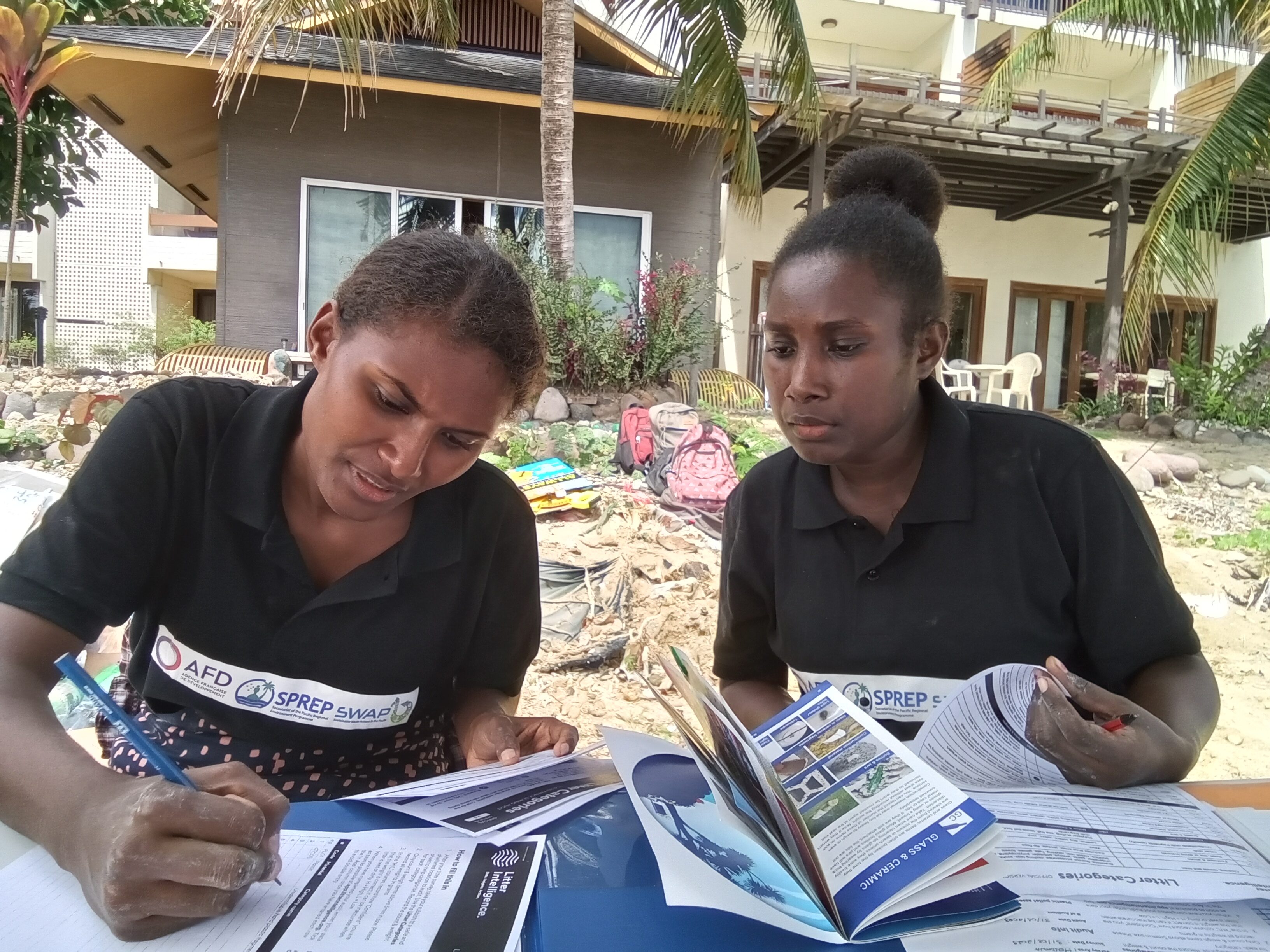
The report analysed data collected from 73 beach marine litter surveys conducted between 2019 and 2024 across six Pacific Island countries and territories: Fiji, Samoa, the Solomon Islands, Tonga, Vanuatu, and Wallis & Futuna.
The findings revealed that:
- A total of 76,869 litter items were collected, weighing 4,492 kilograms.
- Plastics were the most prevalent waste category, accounting for 58% of the total litter.
- Litter density varied significantly across the region, with an average of 3,448 items per 1,000 m², highlighting disparities in waste accumulation and management.
Out of the total of 10,266 plastic items collected between 2023 and 2024, 7,400 (72%) were food wrappers. Bottles of 2 litres or less accounted for 518 items (5%), food containers for 463 items (5%), unidentifiable hard plastic fragments for 322 items (3%), and plastic bags for 301 items (3%). Other materials such as foamed plastic, fabric, glass, and metal were also recorded, albeit in smaller quantities.
The Solomon Islands exhibited the highest recorded litter density at 74,667 items per 1,000 m², while Samoa had the lowest at 58 items per 1,000 m².
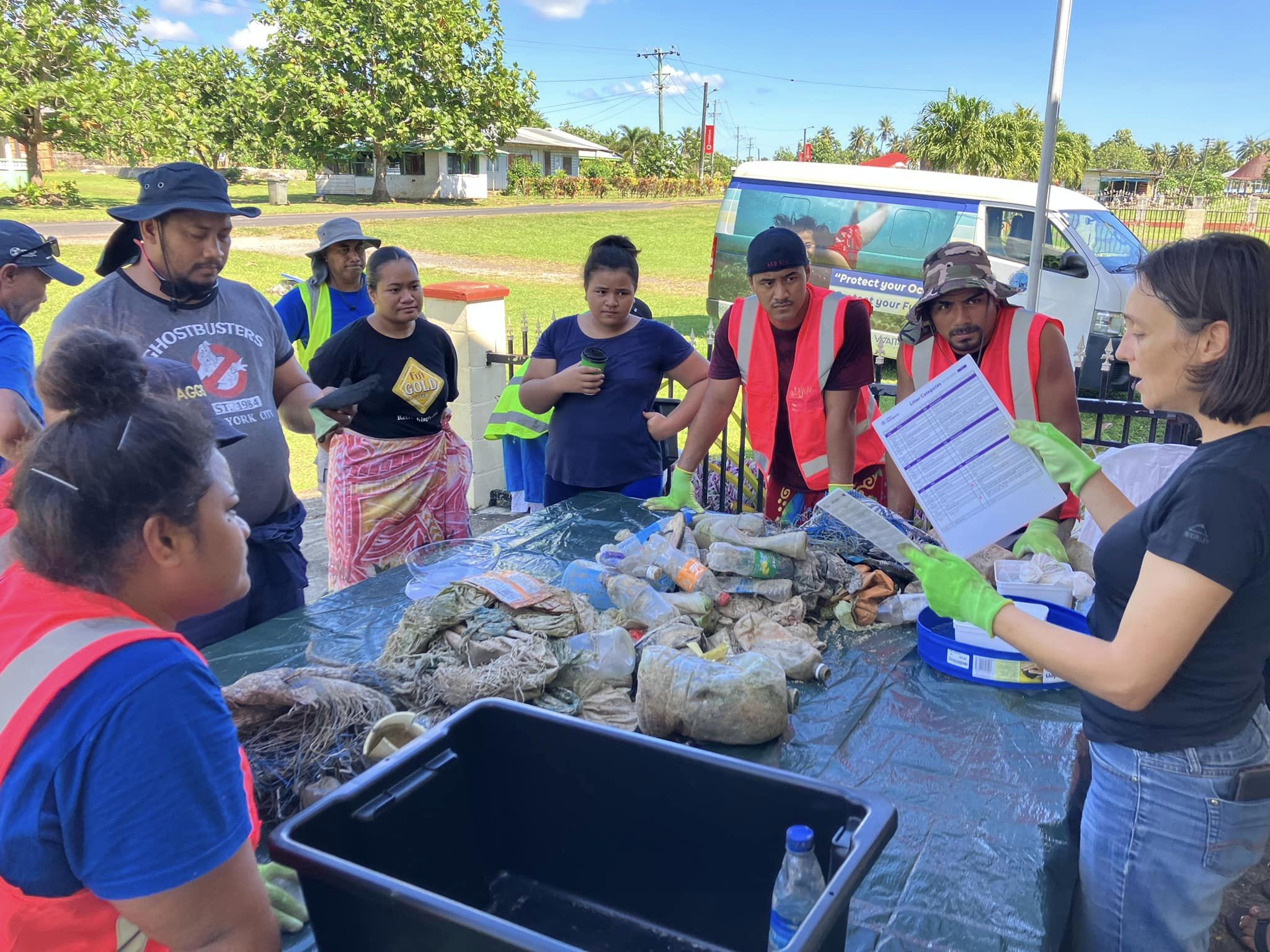
To address the marine litter crisis, the report outlined several recommendations:
Enhanced Data Collection: Increase the frequency of surveys to meet UNEP/IOC standards of quarterly monitoring.
Policy Development: Advocate for policies targeting the reduction of single-use plastics and improved waste management systems.
Community Engagement: Strengthen public participation in clean-up initiatives and educational campaigns.
Global Cooperation: Support International Treaties and Frameworks, such as the Global Plastics Treaty, to foster a unified approach to tackling marine litter.
Innovative Solutions: Encourage the adoption of technologies for recycling and waste-to-energy conversion.
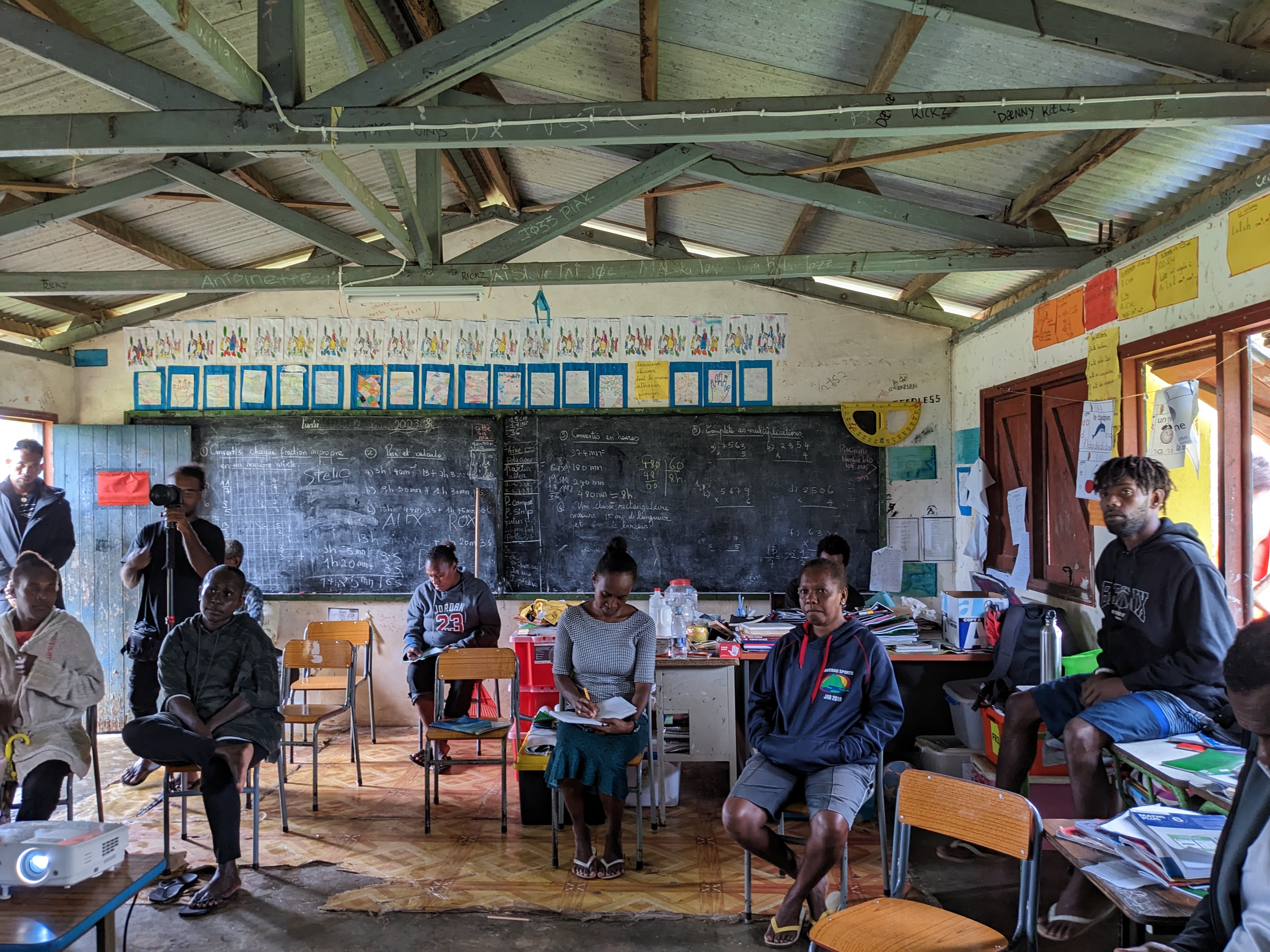
The findings underscore the critical need for sustainable waste management in Pacific Island nations, which face unique challenges due to their geographic isolation and limited resources. Marine litter not only threatens the environment but also poses risks to marine biodiversity, human health, and the economic stability of communities reliant on fisheries and tourism.
Looking forward, the report calls for an integrated approach combining scientific research, community involvement, and policy advocacy. By leveraging regional partnerships and global initiatives, Pacific Island nations can lead the way in addressing the marine litter crisis and protecting their valuable ocean ecosystems.
This report serves as a vital resource for stakeholders, providing evidence-based insights to guide decision-making and action at local, regional, and international levels.
